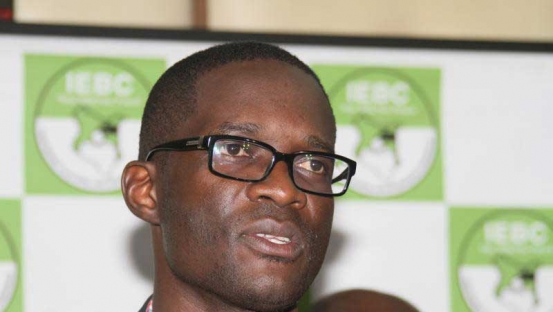×
The Standard e-Paper
Join Thousands Daily

Details of how the Independent Electoral and Boundaries Commission (IEBC) CEO Ezra Chiloba told off his own Chairman Wafula Chebukati when he tried to throw him under the bus over conduct of August 8 election have emerged.
In a counter-memo never shared to the public, Chiloba picked on Chebukati for attempting to isolate the secretariat for blame, questioned his concentration span, faulted his IT knowledge and trashed most of the claims in the initial memo.